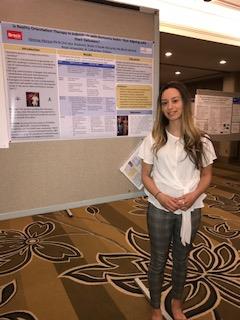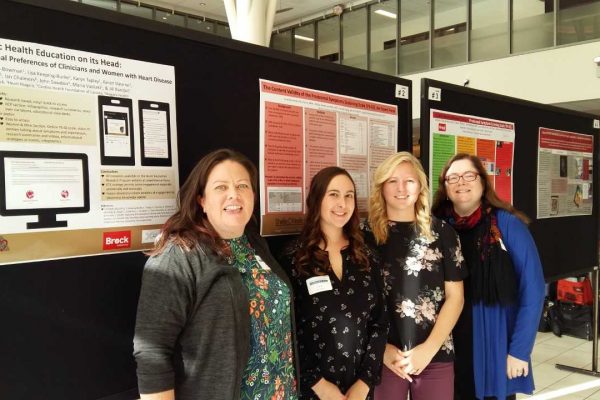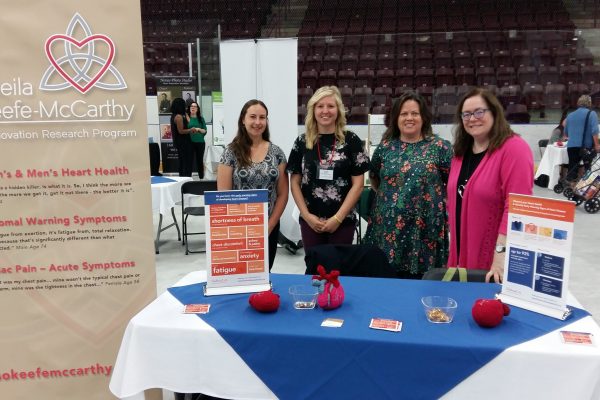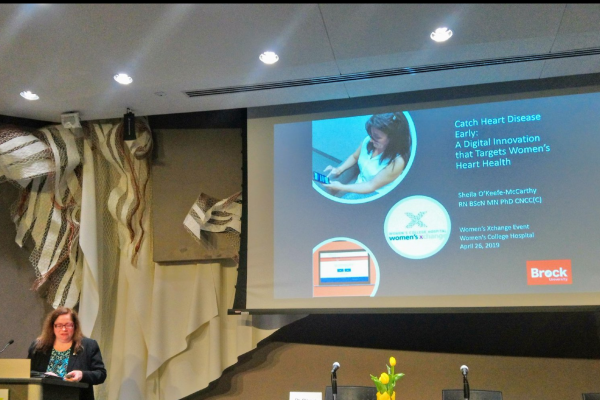Heart ♥ Innovation Research Program
Dr. Sheila O’Keefe-McCarthy is a registered nurse and is an expert in adult cardiovascular critical care and conducts research in cardiovascular and pain science. Dr. O’Keefe-McCarthy dedicates much of her research program to cardiac health focusing on women’s and men’s heart health and using a sex and gendered approach and the latest in digital health technology. With respect to these cardiovascular populations, her program focuses inter-related areas of:
1) development and testing of innovative, digital health technology interventions for both acute and palliative cardiovascular populations,
2) examination of cardiac pain-related anxiety,
3) detection, screening and examination of pre-hospital cardiac prodromal symptoms in men and women with coronary artery disease, and
4) creative knowledge mobilization through employing arts-based dissemination strategies.
The genesis and motivation to conduct clinically focused research in cardiovascular health care comes from Sheila’s 25 + years of experience in clinical practice. Most research questions are derived from identifying gaps in the literature and areas in practice that require further investigation and development of innovative interventions.
Dedications:
Dr. O’Keefe-McCarthy dedicates her program of research to the memory of four family members who have been directly impacted by cardiovascular disease.
Focus 1:
The development and testing of innovative, mobile health technology (m-health) interventions are dedicated to the memory of her parents, Teresa O’Keefe who died of end-stage heart and lung disease and Harold O’Keefe of a cerebral aneurysm, and
Focus 2:
The examination of cardiac pain-related anxiety is dedicated to her sister Ann O’Keefe, who died at age 44 in her sleep of a silent heart attack, and
Focus 3:
Research to detect, screen and examine pre-hospital cardiac prodromal symptoms in men and women with coronary artery disease is dedicated to her father-in-law John McCarthy, who died suddenly of a massive myocardial infarction having had unrecognized pre-warning prodromal symptoms weeks prior to the event.
















